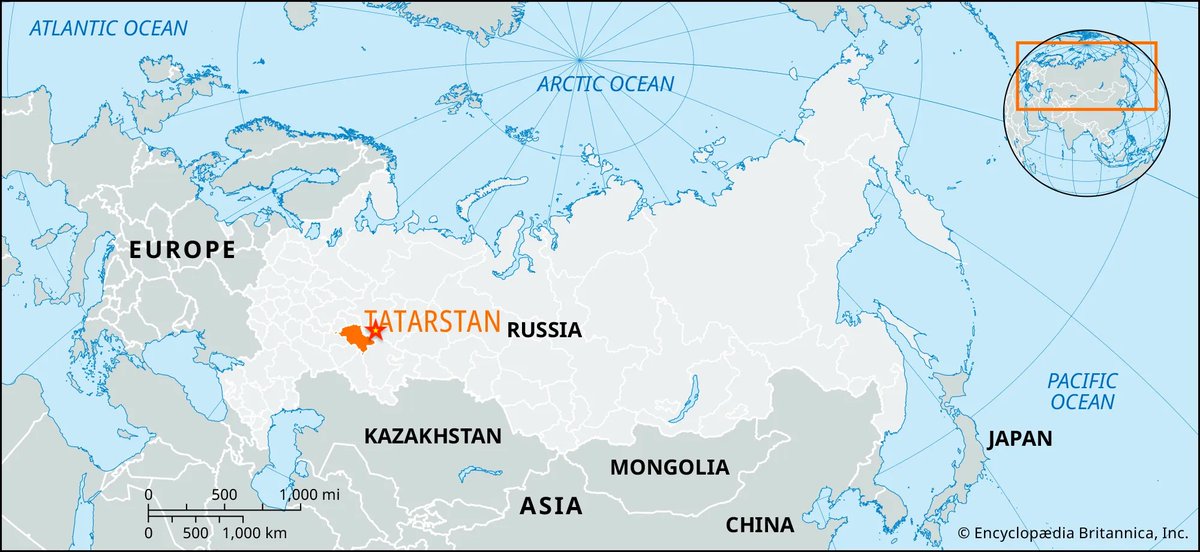Nation state is not some basic property of reality (as many falsely presume). They do not just organically grow out of the “ethnically drawn borders”. That is not how it works. They usually grow out of the *administratively* drawn borders, on whichever continent.
https://twitter.com/locati0ns/status/1856043586548077037
First they draw administrative borders based on whatever rationales and considerations. Then, these arbitrarily drawn administrative borders turn out to be surprisingly stable, more stable than anyone could ever expect. Eventually they become borders of the nation states.
States do not grow out of ethnicities. States grow out of the administrative zones, fiscal zones, customs zones et cetera. Basically, a Big Guy got a right to collect taxes and rents over these territories, but not those territories. Then the border between what he can milk…
… and what the other Big Guy can milk, becomes a border between two nation states.
And once the former administrative or fiscal border becomes a border between the nation states, only then do these nation states proceed to creating respective nations.
That is how it usually works
That is how it usually works
• • •
Missing some Tweet in this thread? You can try to
force a refresh


















